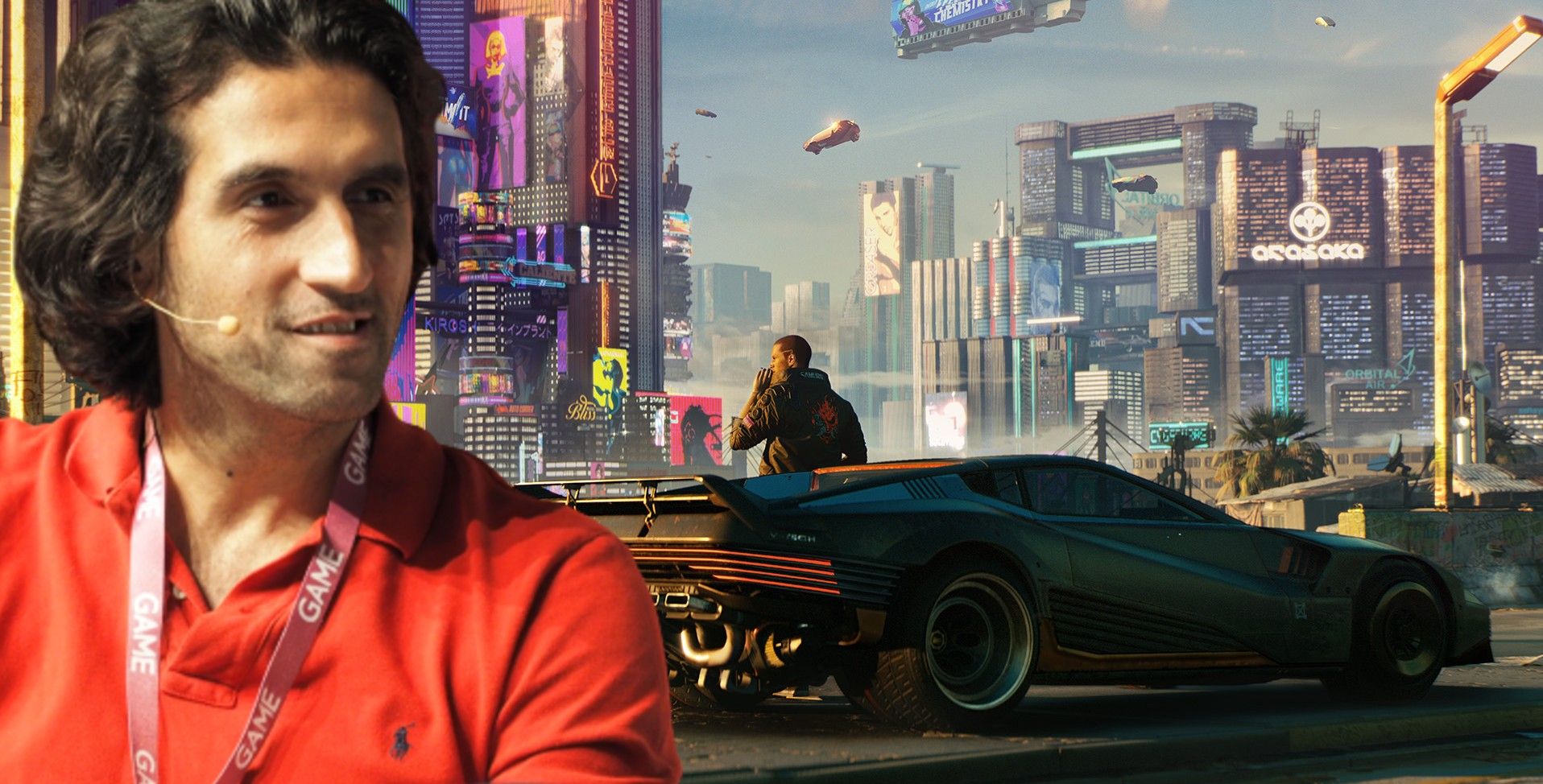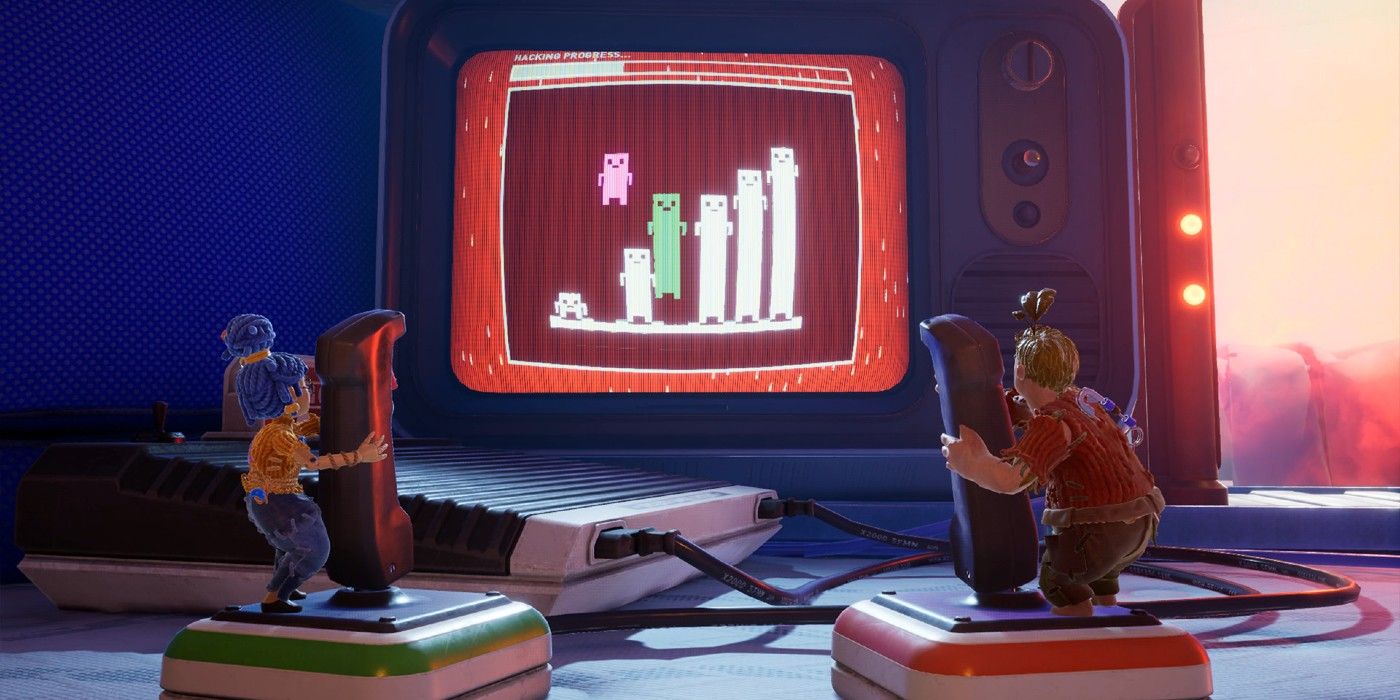Famously outspoken It Takes Two director Josef Fares thinks consumers were too hard on Cyberpunk 2077. The Swedish-Lebanese movie director and game designer took to Twitter Spaces in a chat with Geoff Keighley, and a fan question prompted his analysis of the whole Cyberpunk situation.
In absence of live gaming events like E3, Keighley has been active in finding new ways to connect gaming fans with creators. He's hosted a few live Zoom calls where a select group of fans can sit in as he interviews developers and designers. Twitter Spaces is a new platform for such talks, allowing any Twitter account holder with iOS to join a group call. Keighly hosted an open Twitter Spaces talk with Fares on March 4 to discuss It Takes Two. At the end, a few listeners were given chat permission for Q&A.
One listener asked Fares about the challenges of developing a game during lockdowns imposed by the COVID-19 pandemic. Fares counted himself lucky that his biggest in-person work, motion capture, fell in between windows of restriction. This helped It Takes Two stay on track for its March 26 release. Continuing with this thought, he expressed sympathy for the tough choice the pandemic placed on other game developers. Many had to choose to delay–something we've seen with a lot of 2021's games–or release in rougher shape than intended. This is where Cyberpunk 2077 entered the conversation.
Fares reflected on the consumer reaction to the bugs and performance issues Cyberpunk faced upon release. "Cyberpunk got an unfair amount of sh*t," he said. The listener who asked the question responded with "You think it was unfair?" Fares pointed out the "witch hunt" that took place, perhaps referring two the alleged death threats sent to Cyberpunk developer CD Projekt Red. In the end, it seems that Fares supports giving CDPR some leeway due to the circumstances Cyberpunk was released under.
It Takes Two releases on March 26. Our previewer praised how the game fosters co-op by giving each player different abilities. "Thematically, it's a clever representation of the give-and-take of a relationship where each partner has their own unique strengths. Mechanically, it's just a great way to design puzzles in a co-op platformer."
Source: Geoff Keighley, Twitter Spaces


